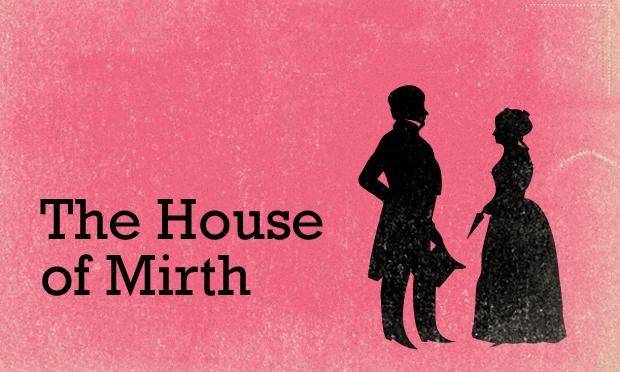American Icons: The House of Mirth
This is a cautionary tale of class, money, and society.
Lily is a smart single woman, a beauty in demand on the party circuit. But Lily is nearing thirty, and struggling to manage money, friendships, and romance. In The House of Mirth, Edith Wharton examined the dangerous compromises facing a woman who wants to set her own destiny, and broke ground for countless writers who followed. This isnot TV, and it doesn’t end happily. Candace Bushnell, who wrote Sex and the City, explains why she vowed “never to end up like Lily Bart.” Wharton scholars and film director Terence Davies explain why the tragedy feels so contemporary.
The House of Mirth was produced by Michele Siegel and edited by Emily Botein.
The actor Anne Marie Nest read selections from the book.
 Bonus Track: Franzen on Wharton
Bonus Track: Franzen on Wharton
The novelistJonathan Franzen wrote inTime Magazine thatThe House of Mirth was one of five books that inspired him. In this bonus audio, Franzen tells Kurt why he thinks Wharton’s protagonist Lily Bart is “a miraculous achievement.”
Slideshow: Edith Wharton and The House of Mirth
Every day, reporters and producers at The World are hard at work bringing you human-centered news from across the globe. But we can’t do it without you. We need your support to ensure we can continue this work for another year.
Make a gift today, and you’ll help us unlock a matching gift of $67,000!
